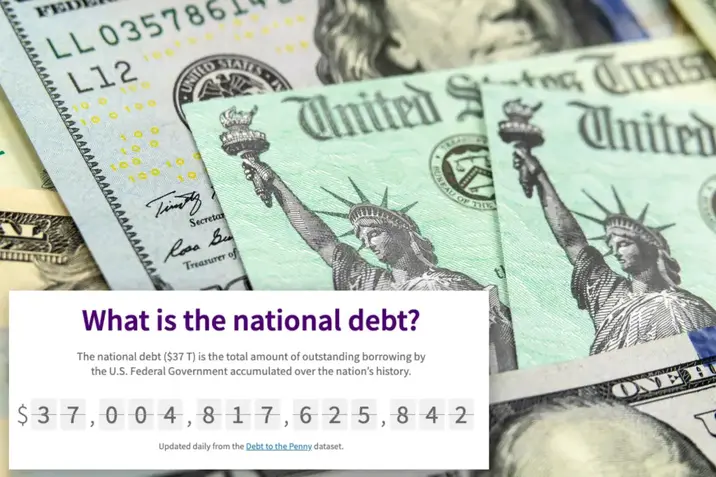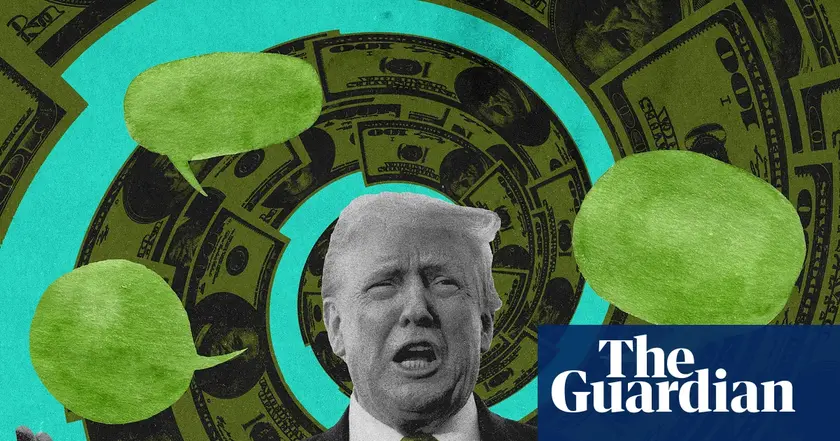T4K3.news
US budget deficit rises despite tariff revenue
Deficit grows in July even as tariff income hits a record. Read the full analysis for what this means for policy and families.

The U.S. posts a growing deficit even as tariff income climbs, prompting questions about the policy’s long term effectiveness.
US budget deficit rises despite record tariff revenue
U.S. Treasury data show the budget deficit for July rose 20 percent from a year earlier. Customs revenue jumped 273 percent in July, totaling about 21 billion dollars more than the same month last year. Officials say higher spending, including rising interest costs on the national debt and larger Social Security payments, helped push the deficit higher as the national debt edges toward 37 trillion dollars.
Tariff revenue is not a cure for the deficit, and some economists doubt it will deliver lasting debt relief. The administration argues tariff income could help shrink the deficit over time, but critics warn the revenue is volatile and could fade if import patterns change. Lawmakers remain divided over how tariffs affect prices, supply chains, and overall growth, with larger questions about the long-term costs of debt servicing.
Key Takeaways
"Tariffs bring cash today, the debt keeps growing tomorrow."
Editorial take on the immediate revenue versus long-term debt
"Record tariff income is not a cure for a spending problem."
Stresses that revenue from tariffs cannot fully offset outlays
"If this is a long game, America needs a plan beyond tariffs."
Expresses concern about relying on tariffs for the future
"Deficits don’t vanish with headlines."
Commentary on media framing versus policy impact
The latest numbers underscore a familiar tension: revenue from tariffs provides a temporary lift while spending grows. Tariff income can be volatile and policy-dependent, subject to court rulings and negotiations with trading partners. Yet the debt continues to rise, inviting uncertainty about the economy’s resilience should interest costs keep climbing.
If policymakers want to credibly shrink the deficit, they may need a credible plan that links revenue to spending restraint. Relying on tariff receipts as a long-term fix risks political backlash and market jitters, especially if public perception shifts toward higher consumer prices or delayed investment. The question now is whether tariffs are a short-term balm or a lasting diagnosis for the nation’s finances.
Highlights
- Tariffs bring cash today, the debt keeps growing tomorrow
- Record tariff income is not a cure for a spending problem
- If this is a long game, America needs a plan beyond tariffs
- Deficits don’t vanish with headlines
Budget and tariff policy risk political backlash
The article centers on tariff income and a growing deficit, a topic that can provoke political contention and investor scrutiny. The coverage could influence public reaction and market expectations, making financial and political responses more volatile.
Budget choices will shape households long after the headlines fade.
Enjoyed this? Let your friends know!
Related News

Debt tops 37 trillion as policy bets hinge on growth

Trump's deadline for Russian ceasefire approaches

US debt climbs past 37 trillion

Trump's trade war winds up as a consumer headache

U.S. deficit rises in July despite tariff gains

Trump's tariffs may affect consumer prices

Crocs revenue forecast shows decline

Manufacturing revival linked to new US tariffs announced
